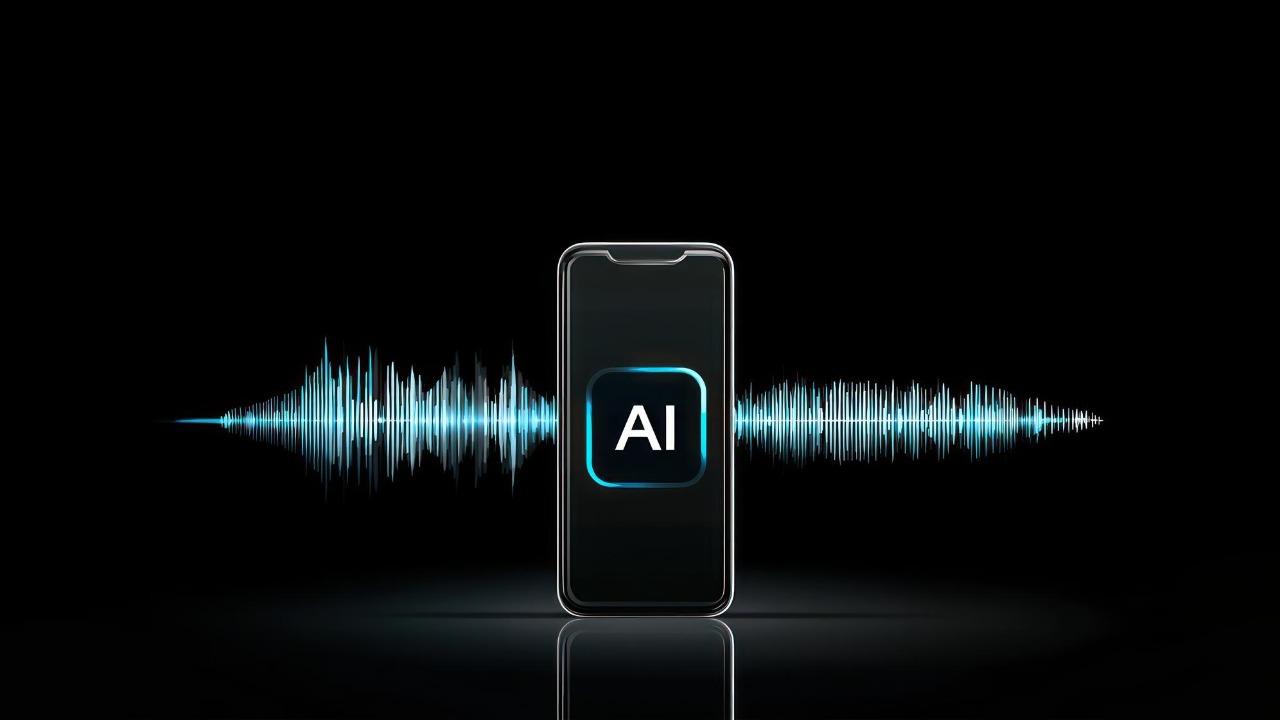In recent advancements, AI has reached a new milestone by recreating human voices with just a few seconds of audio input. This groundbreaking technology, spearheaded by companies like Microsoft, promises numerous applications but also raises ethical concerns. The intricacies of AI voice recreation, its potential uses, and the accompanying ethical implications are worth exploring.
The Technology Behind AI Voice Cloning

The process of voice cloning involves sophisticated algorithms that analyze vocal characteristics such as tone, pitch, and rhythm to produce a remarkably similar artificial voice. Microsoft’s recent breakthroughs allow AI to capture these attributes with just three seconds of audio input, a feat that marks a significant leap in the field. This technology, known as neural voice synthesis, relies heavily on deep learning models that are trained on vast datasets, enabling the AI to learn and replicate human voice patterns efficiently.
Several key players are leading the charge in the voice cloning industry. Companies like Resemble AI and Anyvoice have made significant strides in advancing this technology. Resemble AI, for instance, offers a platform that allows users to create voice models for various applications, emphasizing versatility and ease of use. Anyvoice specializes in providing customizable voice solutions, targeting sectors ranging from entertainment to customer service. These companies are not only enhancing the technical capabilities of voice cloning but are also exploring new ways to integrate these innovations across different industries.
Despite these advancements, the path to perfecting voice cloning is fraught with technical challenges. One of the primary hurdles is ensuring the cloned voice maintains a natural and human-like quality, especially when generating long-form speech. Companies are addressing these issues by refining their algorithms and incorporating feedback loops that improve the AI’s performance over time. Moreover, they are developing techniques to handle variations in speech, such as accents and emotional tones, to create a more authentic and adaptable voice cloning experience.
Applications of AI Voice Cloning

AI voice cloning holds immense potential for personalization and convenience, particularly in enhancing user experiences with digital assistants and customer service interfaces. By creating personalized voice models, businesses can offer more engaging and relatable interactions. For instance, a virtual assistant that mimics a user’s voice can provide a highly personalized and seamless experience, making technology feel more intuitive and user-friendly. This capability also extends to customer service, where AI-driven voice systems can handle queries with a human-like touch, improving overall customer satisfaction.
The creative industries stand to benefit significantly from AI-generated voices. In media, entertainment, and gaming, voice cloning can be used to create unique character voices, streamline production processes, and even resurrect the voices of historical figures for documentaries and educational content. Recent projects have demonstrated the potential of this technology, such as the use of cloned voices in video games to create more immersive and dynamic storytelling experiences. By reducing the time and cost associated with traditional voiceover work, AI voice cloning is poised to revolutionize how content is produced and consumed.
Accessibility and inclusivity are other critical areas where voice cloning can make a difference. For individuals with speech impairments or language barriers, AI-generated voices can provide a means of communication that is both effective and empowering. By offering customized voice solutions, this technology can help break down communication barriers and promote greater inclusivity in various aspects of life. For example, a person with a speech disorder might use a cloned voice that closely matches their intended speech patterns, allowing them to communicate with ease and confidence.
Ethical and Privacy Concerns

While the benefits of AI voice cloning are evident, the technology also poses significant ethical and privacy concerns. One of the primary risks is the potential for misuse in identity theft, fraud, and misinformation. For instance, cloned voices could be used to impersonate individuals in phone scams, leading to financial losses or breaches of privacy. Recent incidents have highlighted the ease with which cloned voices can be used for malicious purposes, underscoring the need for robust safeguards and awareness.
Consent and ownership are also critical ethical considerations in the realm of voice cloning. Using someone’s voice data without explicit permission raises questions about intellectual property rights and the potential for exploitation. It is essential to establish clear guidelines regarding consent and the use of voice data to ensure that individuals retain control over their vocal identities. Furthermore, there is a growing need for regulatory and legal frameworks to address these issues. Current regulations are still evolving, but future policies must strike a balance between fostering innovation and protecting individual rights.
Future Prospects and Innovations

As voice cloning technology continues to advance, several emerging trends and innovations are likely to shape its future. Researchers are exploring new methods to enhance the realism and flexibility of cloned voices, such as incorporating emotional nuances and adapting to different linguistic contexts. These developments will further expand the potential applications of voice cloning, making it an even more valuable tool across various sectors.
Integration with other AI technologies, such as natural language processing and machine learning, promises to take voice cloning to new heights. By combining these technologies, AI systems can not only replicate voices but also understand and respond to complex language inputs, creating more sophisticated and interactive user experiences. This synergy will likely drive the next wave of AI innovation, opening up new possibilities for communication and human-AI interaction.
The long-term societal impacts of widespread voice cloning adoption are yet to be fully realized. As the technology becomes more prevalent, it may alter communication norms, privacy expectations, and even the way we perceive human interaction. While the potential benefits are immense, it is crucial to navigate these changes thoughtfully and responsibly to ensure that voice cloning technology is used ethically and to the benefit of all.